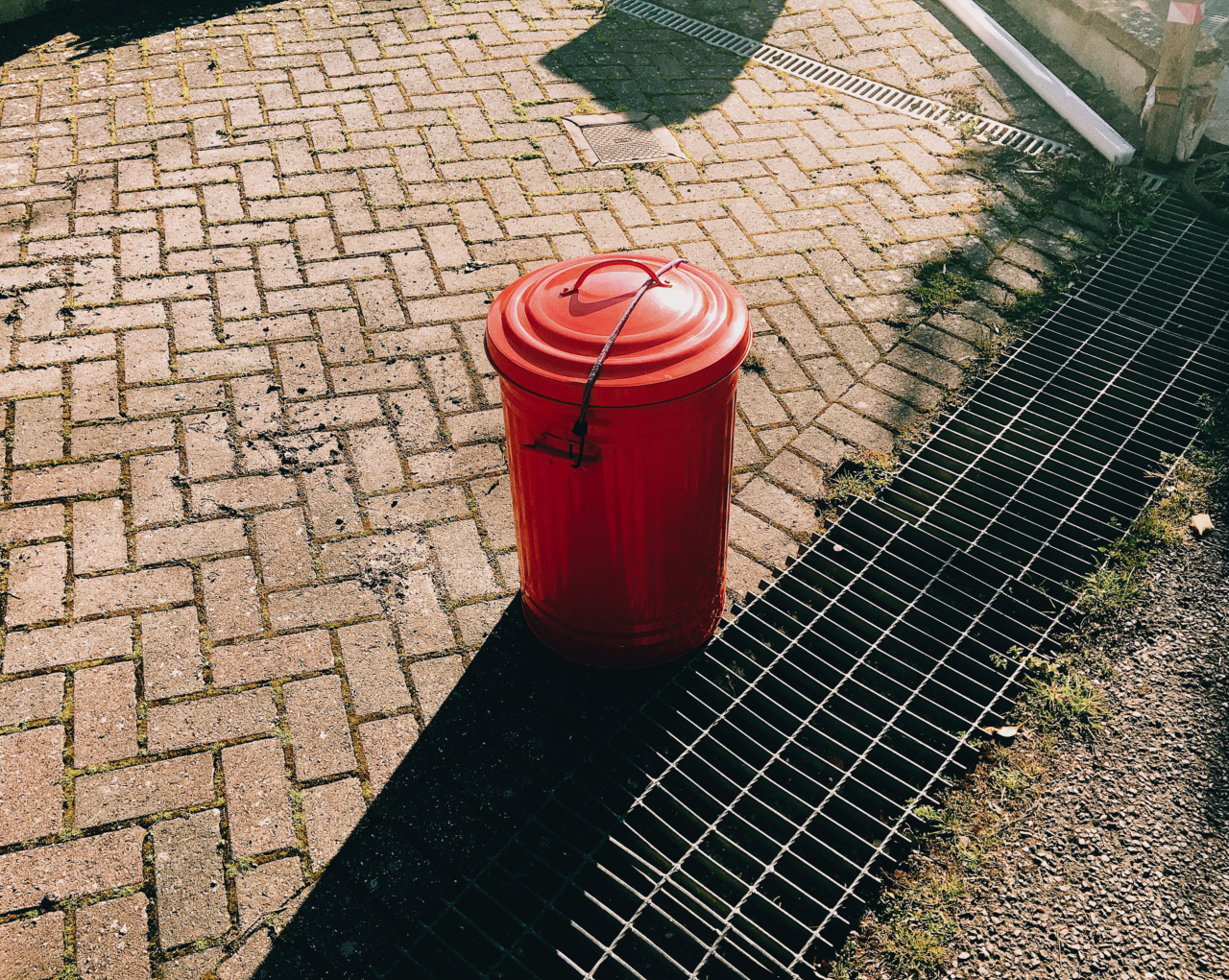Kidney stones are a common urinary tract disorder, affecting around 10% of men and 5% of women. The condition can cause excruciating pain and discomfort, and in some cases, it can lead to more severe health problems.
While there are well-known factors that can increase the risk of kidney stone formation, such as lifestyle, diet, and genetics, there are some unseen factors that can also contribute to the problem.
1. Weather Changes
Extreme changes in weather conditions can cause dehydration, especially during the summer months when people tend to sweat more.
When the body is not hydrated enough, the urine concentration increases, and minerals like calcium, oxalate, and uric acid can form crystals that stick together and form kidney stones.
2. Obesity
Obesity is a significant risk factor for kidney stones, and research shows that people who are overweight are more likely to develop the condition.
A high body mass index (BMI) can cause changes in urinary chemistry and increase the risk of stone formation. Obesity can also lead to insulin resistance, which is another factor that can contribute to kidney stones.
3. Antibiotics
While antibiotics are designed to fight bacterial infections in the body, research shows that they can also disrupt the gut microbiome, which plays a critical role in kidney health.
Antibiotics can kill both harmful and beneficial bacteria in the gut, and this can lead to an increase in calcium oxalate levels, which can contribute to stone formation.
4. Sleep Deprivation
Sleep deprivation can have profound effects on the body, and it can also contribute to kidney stones.
Studies show that people who don’t get enough sleep are more likely to develop the condition, and this may be due to changes in urinary chemistry. Sleep deprivation can also weaken the immune system, making it harder for the body to fight off infections that can cause kidney stones.
5. Medications
Certain medications can also contribute to kidney stone formation. For example, diuretics, which are used to treat hypertension and edema, can increase the concentration of minerals in the urine, making it easier for stones to form.
Other medications, such as antacids, can increase the pH of the urine, which can lead to the formation of calcium phosphate stones.
6. Chronic Dehydration
One of the most common causes of kidney stones is chronic dehydration. When the body is not hydrated enough, the urine concentration increases, and minerals like calcium, oxalate, and uric acid can form crystals that stick together and form stones.
Chronic dehydration can also cause damage to the kidneys over time, leading to more severe health problems.
7. Stress
Stress is a common factor that can contribute to many health problems, including kidney stones.
When the body is under stress, it releases hormones like adrenaline and cortisol, which can affect urinary chemistry and increase the risk of stone formation. Stress can also lead to dehydration, which is another factor that can contribute to kidney stone development.
8. Family History
Family history is another factor that can contribute to kidney stone formation. Genetics can play a role in the formation of stones, and if one or both parents have a history of the condition, the risk of stone formation is higher.
To reduce the risk of stone formation, people with a family history of the condition should hydrate well, watch their diet, and avoid other risk factors.
9. Kidney Infections
Kidney infections can also contribute to stone formation. When the kidneys are infected, they can become inflamed, and this can cause changes in urinary chemistry, making it easier for stones to form.
Kidney infections can also damage the kidneys over time, leading to more severe health problems, including kidney failure.
10. Vitamin and Mineral Supplements
While many people take supplements to support their overall health, some supplements can contribute to kidney stone formation.
For example, supplements that contain calcium or vitamin D can increase the risk of stone formation, especially if they are taken in excess. Other supplements, such as vitamin C, can increase the concentration of oxalate in the urine, which can also lead to stone formation.
Conclusion
While there are several well-known factors that can increase the risk of kidney stone formation, there are many other unseen factors that can also contribute to the problem.
These include weather changes, obesity, antibiotics, sleep deprivation, medications, chronic dehydration, stress, family history, kidney infections, and vitamin and mineral supplements. By understanding these unseen factors, people can take steps to reduce their risk of developing kidney stones and improve their overall urinary health.































